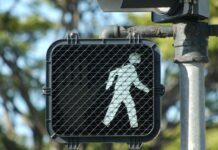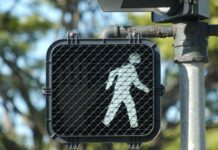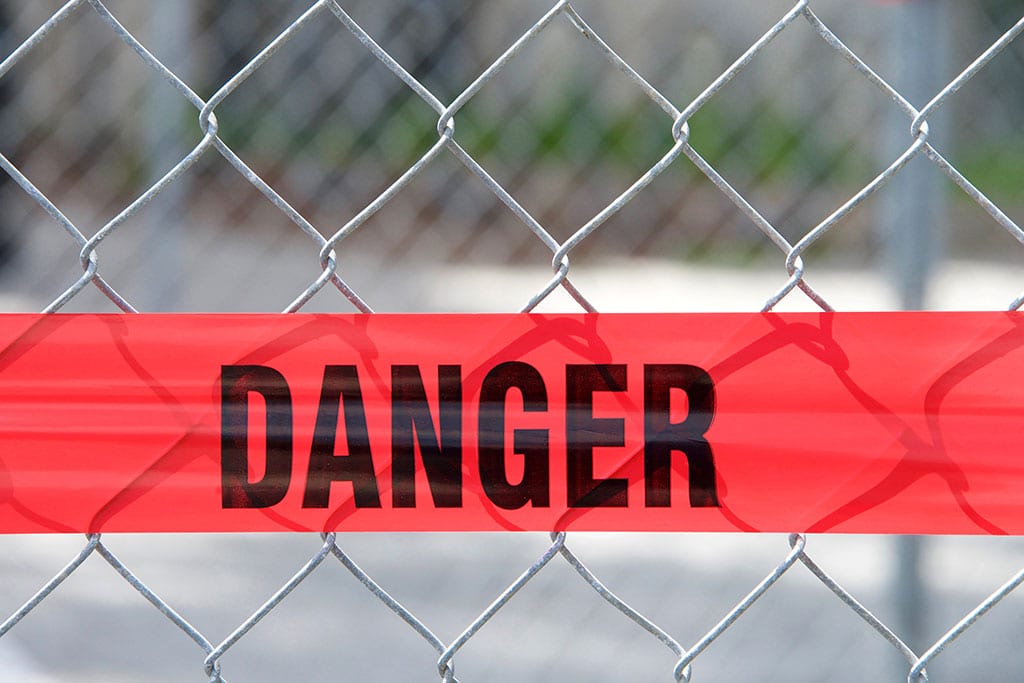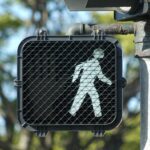Table of Contents - Jump Ahead:
By law, property owners have a legal duty to exercise reasonable care for the safety of their visitors. Depending on the circumstances of your accident, you could be owed compensation for your pain and suffering.
If you’ve been injured due to a safety hazard or premises defect on someone else’s property, your rights (and the legal options available to you) fall under what’s called premises liability law. In general, any person who’s injured on another person’s property may pursue a negligence-based premises liability claim against the owner of the property or tenant in possession. Whether or not the claim will be successful depends upon a number of factors, including why you were on the property and how the injury occurred.
Slip and fall accidents are some of the most common types of premises liability claims, and falls alone are said to account for more than 8 million ER visits in the US every single year. However, the truth is that any type of personal injury claim (if it occurs on someone else’s property) may ultimately hinge upon this relatively-obscure area of civil law.
Is the Property Owner Liable for My Injury?
While it may be obvious to you that the property owner’s negligence directly led to your injuries, the truth is that premises liability law is often quite complex. Before we get any further, let’s first determine your “status” as a visitor. Legally speaking, every visitor is classified as either an invitee, a licensee, or a trespasser.
- Invitees are those who are on the property with the owner’s knowledge, and for the mutual benefit of both parties. Customers at a restaurant or store would be considered invitees.
- Licensees are those who are invited onto someone’s property for reasons other than commercial or business intents. A friend or family member invited into someone’s home would be considered a licensee.
- Trespassers, as you probably know, are those who access someone’s property without the knowledge or consent of the owner/controller of the property.
Invitees (i.e., customers) are rightfully owed the highest duty of care. Businesses and property owners alike have a legal duty to remedy (or adequately warn of) any risks that are known — or should have been discoverable upon routine inspection.
Licensees (i.e., social guests) are also owed a fairly standard duty of care. Property owners are required to warn visitors of any known risks or conditions that could cause harm but aren’t necessarily expected to routinely inspect the property for hazards. Trespassers are generally owed the lowest duty of care, but property owners even owe a duty to warn trespassers of “unnatural hazards” such as traps or snares.
Filing a Claim and Seeking Compensation
Before you worry about anything related to your claim, your first priority should be on your health and well-being. Do not delay medical treatment, as many soft-tissue injuries can get worse with time. Additionally, doing so could have a detrimental effect on your ability to prove your case later down the line.
As soon as you’re able to, it’s important to make the incident known to the business or property owner. When it comes to a slip and fall in a store, an accident report will usually be made, and any resulting claims will be referred to the company’s insurance provider.
Many people are reluctant to seek compensation for an injury that occurs at a friend or family member’s property, but it’s important to remember that this is one of the very reasons that homeowner’s insurance exists. Whether you were injured at a friend’s house or a Waffle House, you’re ultimately going to be seeking compensation from an insurance company.
Unfortunately, these types of claims are often handled with little to no priority. The insurance company’s ultimate goal is to find a reason to deny your claim, or to delay at every turn in an attempt to frustrate you into giving up or accepting an insultingly-low settlement offer.
If you fail to act quickly to preserve vital evidence (or simply expect the insurance company to act fairly in their investigation), you’re putting yourself at a severe disadvantage. Many premises liability claims are denied simply because the insurance company — rightfully or not — eventually decides to point the finger at someone else.
For example, the insurance company could claim that your injury occurred in a parking lot or “common area” which is maintained by the property owner and thus not covered by the tenant’s liability policy. More-likely though, they will point the finger back at you and simply claim that the injury was entirely avoidable.
How Can You Prove Liability?
There are four elements you must satisfy in order to prevail in any premises liability claim.
- First, you must demonstrate that the property owner owed you a legal duty of care. If you were legally on the property as an invitee or licensee, then you have likely already satisfied this element of the case.
- Second, you must be able to prove that the property owner breached that duty by negligently failing to remedy (or adequately warn of) the hazard.
- Third, you must also be able to show that the property owner’s negligence was the proximate cause of your injury.
- And finally, you must be able to reliably prove up (valuate) your total related damages using evidence and/or expert witness testimony.
As one might expect, liability in a case like this is closely tied to foreseeability and reasonability. Is it foreseeable that a spill on the floor could lead to a slip and fall accident? Of course. Is it reasonable to expect a spill to be discovered and cleaned up immediately? Of course not… But when does it become an unreasonable amount of time? After ten minutes? Thirty minutes?
Unfortunately, these kind of “gray area” cases are often the most contentious. Without an attorney on your side who’s ready and willing to back your claims up with a lawsuit, you’re often simply at the mercy of the insurance company.
The bottom line is that if you’ve been injured on someone else’s property, you need to understand your rights and legal options. There’s no risk in seeking out a free consultation or two before making an informed decision about how to move forward.
































